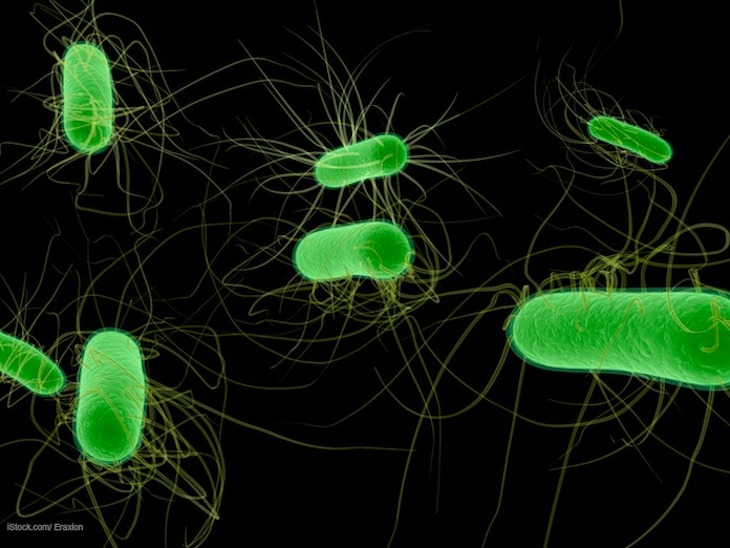Two E. coli cases in Snohomish County, Washington state, have been identified, according to a press release from the Snohomish Health District. These cases, in a 20-year-old woman and a 10-year-old child, are apparently connected to the seven children who are sick with Shiga Toxin-producing E. coli (STEC) infections in King County, Washington.

The child has been hospitalized, but no further information about him or her has been shared with the public for patient privacy considerations.
Dr. Chris Spitters, Health Information Officer for the Snohomish Health District, said in a statement, “The exact source of E. coli contamination can be difficult to pinpoint, but public health interviews lead us to believe the cases may be linked to eating fresh produce. While we continue working with our partners on this investigation, it’s an important reminder to always wash produce items well before eating them, to avoid unpasteurized dairy products, and to fully cook beef and other animal meats to the proper temperature.”

You can contact food safety attorney Fred Pritzker for help by calling 1-888-377-8900 or 612-338-0202.
Noted food safety attorney Fred Pritzker, who has represented many clients in lawsuits against grocery stores, restaurants, and food producers, said, “We certainly hope that this outbreak is solved soon and that these two E. coli case in Snohomish County are the last in this outbreak. STEC bacteria are dangerous and can cause serious illness, especially in young children.”
Symptoms of a STEC infection include a mild fever, severe and very painful stomach and abdominal cramps, and diarrhea that is usually bloody or watery. Symptoms usually start about three to four days after exposure to the pathogen, but the incubation period can sometimes be as short as one day or as long as ten.
About 5 to 10% of these patients, normally young children, can develop a complication called hemolytic uremic syndrome (HUS), that is a type of kidney failure. Two patients in the King County outbreak have developed this complication. Symptoms of HUS include little urine output, lethargy, pale skin, easy bruising, and a skin rash.
Anyone who has any symptoms of a STEC infection or HUS needs to see a doctor as soon as possible because this infection and complication can be deadly. Dr Spitters added, “If you or your child develop cramps, diarrhea, or vomiting with or without a fever or decreased urine, contact your healthcare provider to see if testing for STEC is recommended.”

If you or a loved one have been sickened with a STEC infection or HUS, please contact our experienced attorneys for help at 1-888-377-8900 or 612-338-0202.




